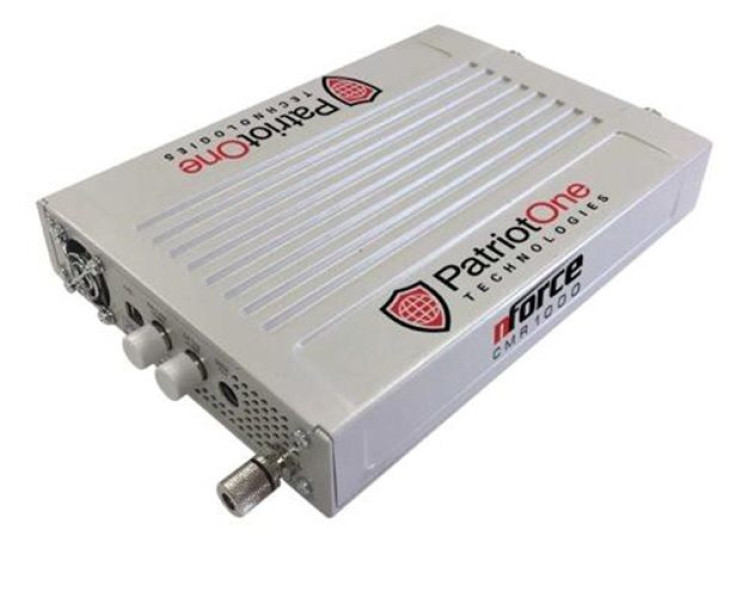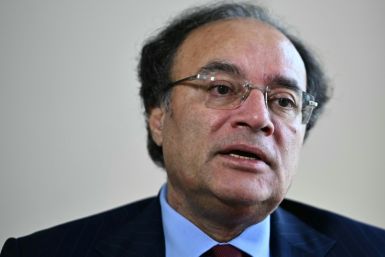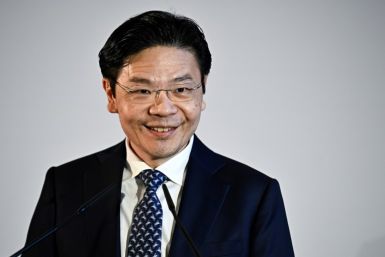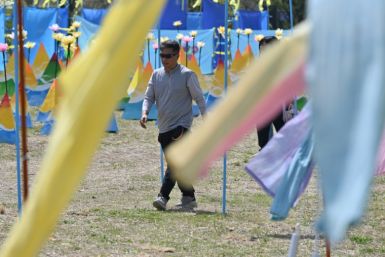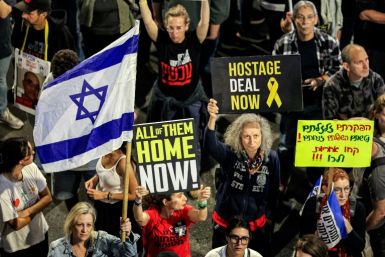How others are beefing up their security measures following the Quebec shooting
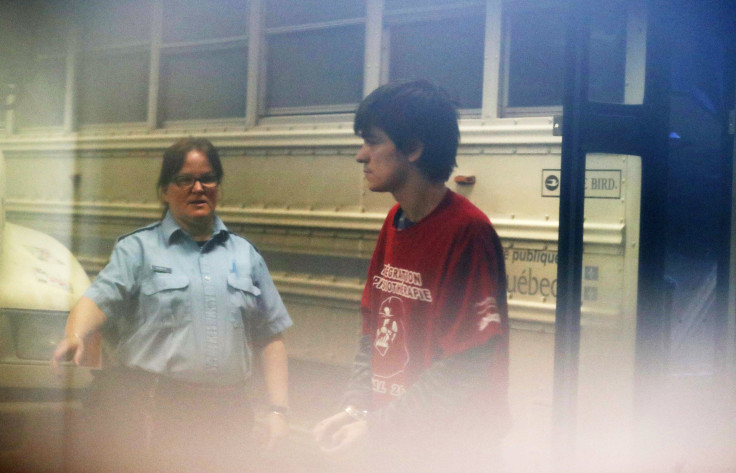
On the evening of Jan. 29, 2017, 50 worshippers gathered at the Islamic Cultural Centre of Québec City, otherwise known as the Grande Mosquée de Québec, for their evening prayers. However, the solemn evening turned out to be tragic.
According to eyewitness accounts, a man dressed in black and wearing a ski mask entered the mosque and opened fire at “everything that was moving.” A witness told The Guardian, “It was someone who mastered weapons because it was calm… he killed and he killed.” The witness added that the gunman emptied his AK-47 before he left the place of worship.
The carnage resulted in six dead and 19 injured people. Several of the wounded remained in the hospital with two in intensive care in critical condition. The victims’ ages ranged from 35 to 65, all of whom were fathers. One of the men reportedly rushed the shooter trying to stop him but was fatally shot trying, likely saving others from being killed.
The lone gunman was 27-year-old Alexandre Bissonnette who was charged with six counts of first-degree murder and five counts of attempted murder. Those who knew Bissonnette described him as an introvert and a far-right fanatic. He studied political science at the nearby Université Laval and was part of the Sainte-Foy and Université Laval chess clubs.
PM Trudeau condemns shooting, Muslim institutions beef up security
In the same week before the shooting, Canada said it would welcome refugees after the United States suspended its refugee program. This suspension barred nationals coming from several predominantly Muslim countries from entering the United States.
“We condemn this terrorist attack on Muslims in a centre of worship and refuge. Muslim-Canadians are an important part of our national fabric, and these senseless acts have no place in our communities, cities and country,” Canadian Prime Minister Justin Trudeau said in a statement,
In response to the Sunday shooting, several Muslim institutions in Canada have beefed up their security measures. The Islamic Foundation School said it hired a private security company, while the Jamia Ahmadiyya Canada Institute of Islamic Studies increased the security of its mosques.
Preventing future active shooter incidents
In the US, the FBI released a study on the 160 active shooter incidents occurring in the country between 2000 and 2013. Shootings more than doubled between the first seven years and the last seven years of the study, resulting in a total of 1,043 casualties. Fifty-three percent were wounded and 47 percent were killed in the attacks. The study found that 46 percent of these incidents occurred mostly in places of business or commerce, while 24 percent of the shootings took place in educational institutions. Above all, 67 percent of the incidents ended before police even arrived on scene, and 69 percent were over in just under 5 minutes, barely enough time for authorities to respond, if at all, before a safe outcome was possible.
CampusSafety, a website that publishes content related to safety and security in schools, hospitals and universities, listed a number of strategies that could help prevent active shooter and active killer incidents. Several of these are:
- Visual weapons screening
Training for this involves teaching personnel what to look for and how to recognise specific behaviours exhibited by persons carrying concealed weapons. The approach is said to be successful in preventing premeditated shootings, especially in schools.
- Pattern matching and recognition
This involves a research-based approach that trains people to pay close attention to behaviour, time, setting and context. It aids staff in helping to detect potentially dangerous individuals no matter what type of weapon they might be carrying.
- Visitor screening and management
Electronic visitor management systems prevent individuals from entering the key areas of a school building. Having systems in place, such as perimeter security and visitor management systems, makes it more difficult for an assailant to execute a planned attack.
- Entry-point metal detection
Entry-point metal detection goes hand in hand with checkpoint security. Screening of hand-carry items can provide an additional layer of security.
Beefing up security measures
Security companies are also addressing the need to have more sophisticated systems as a preventive method for public safety. In the aftermath of the June 2016 Pulse nightclub shooting in Orlando, Florida, one company has developed an advanced weapons detection technology that could prevent such a tragedy from happening again. Patriot One Technologies Inc. (OTCMKTS: PTOTF), (TSX.V: PAT), (FRA: OPL), with an aim to create “safe districts,” partnered with VGroup Concepts, an Orlando-based Adult Entertainment Properties to pilot test its NForce CMR1000 systems. Patrons can visit a crowded club knowing that the system is monitoring the venue for public safety.
The NForce CMR1000, in particular, is a unique technology: It is a state-of-the-art cognitive microwave radar security system that is capable of learning, adapting and detecting concealed weapons even on moving targets. It’s a small, cost-effective device that can be covertly located and has a high success rate of 93.0 percent overall accuracy.
Patriot One Technologies and a research team from Canada’s McMaster University took the steps to develop a solution for commercial applications. They developed the device for detecting concealed weapons in public locations utilising radar technologies. Dr. Natalia Nikolova, the Canada Research Chair in High-Frequency Electromagnetics, led the research that resulted in the development of Patriot One’s system.
The revolutionary software of the NForce CMR1000 is preloaded with a comprehensive database of weapons signatures that it recognises and matches to concealed weapons it scans. With such an advanced and intelligent detection system in place, it is hoped that future threats could be avoided, saving lives in the process.
